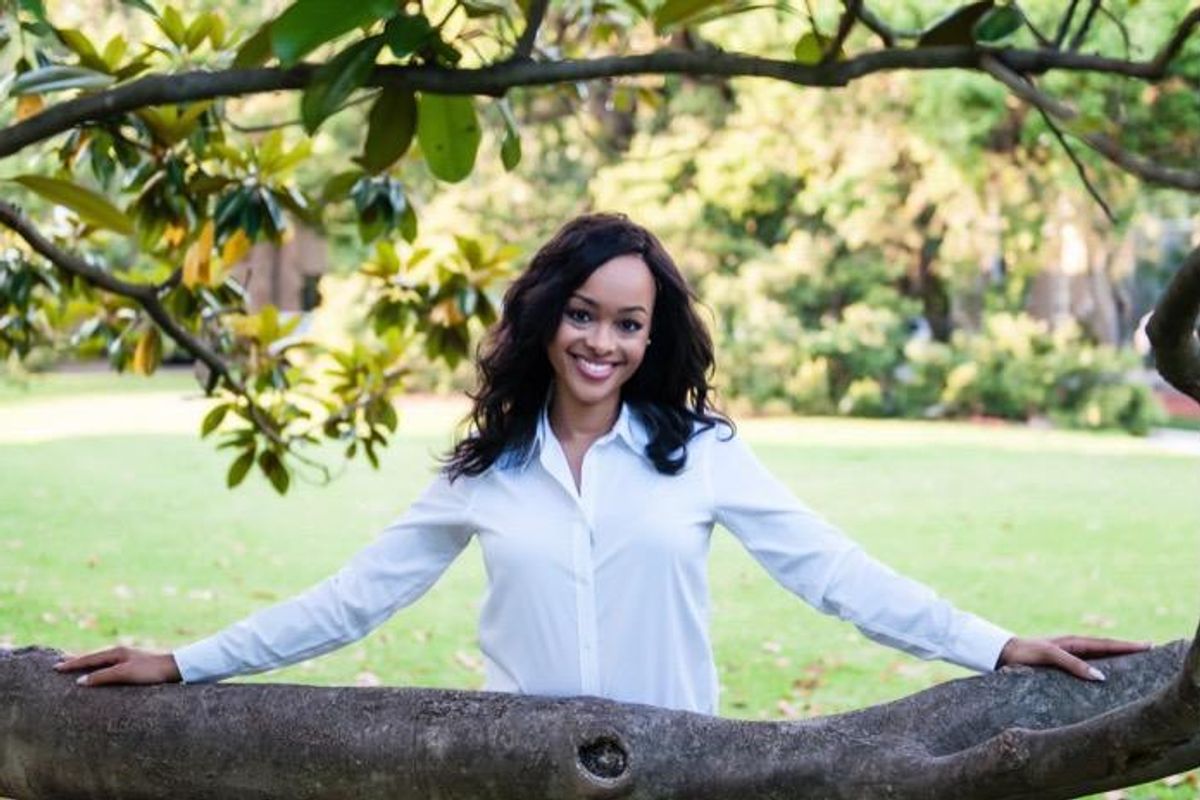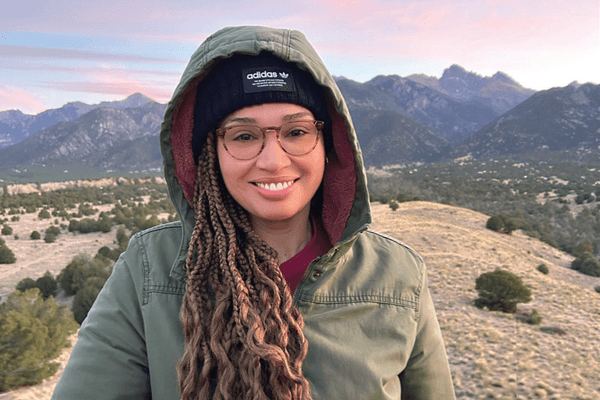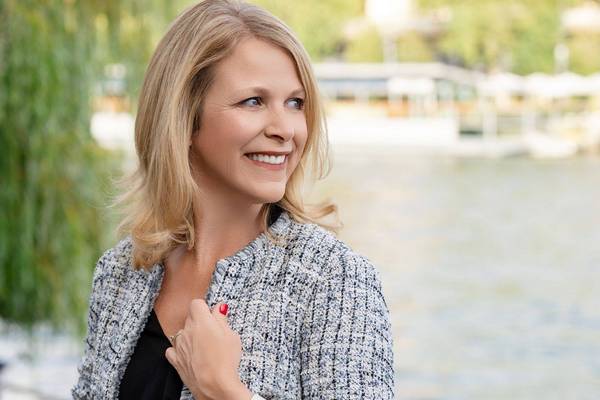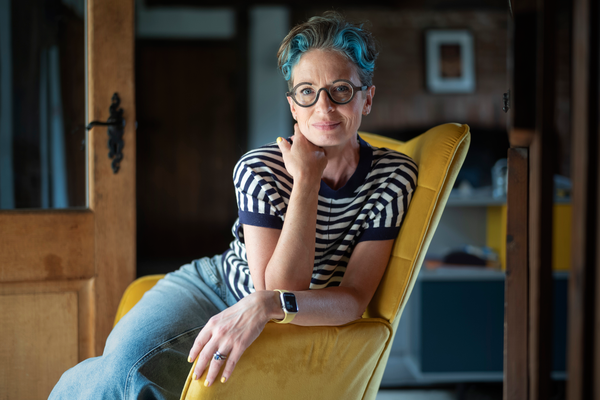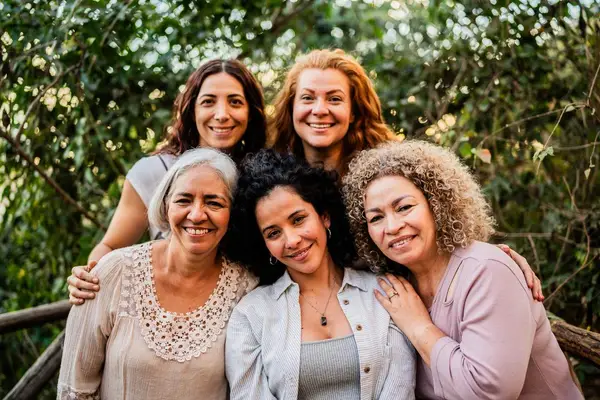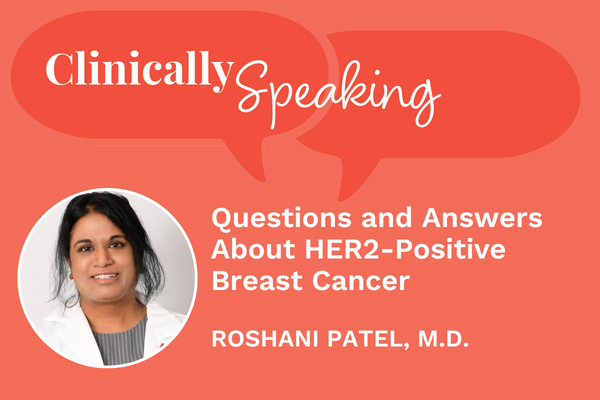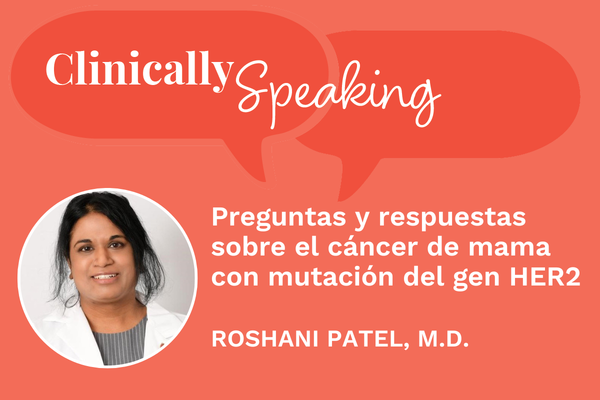As told to Nicole Audrey Spector
February is National Cancer Prevention Month.
I was 18 years old when my mother was diagnosed with breast cancer. I’ll never forget the way the doctor broke the news in the stark fluorescence of an ER exam room. He spoke to my father, as though my mother — the 49-year-old elementary school principal, wife and mother who had been admitted after suffering a fall and severe back pain — was not the person who most needed to hear it.
“Your wife has stage 4 breast cancer,” the doctor said. His tone implied he had somewhere better to be. “She has six months to live.”
The doctor walked off. Stunned, my father slid against the wall down to the floor. I’ll never forget the sound of his body thudding down in defeat and how it felt like my heart was falling with him.
In the months that followed, my mom had doctor appointments all the time. My dad escorted her to all of them. I wanted to help, but my parents made it clear that my job wasn’t to be a caregiver but to continue to do well in school and, after securing a full-ride scholarship for volleyball, to succeed in college and beyond.
But once I got to college I found myself thinking more about my mom than my team. So, I quit volleyball and committed to going home every weekend to be with my parents and help out. I did it for my father as much as I did it for my mother. He had become so engrossed in caring for her that he often neglected to care for himself.
By the time she died at 52, my mom had undergone various treatments, participated in a clinical trial, overhauled her diet, and lost most of her energy and body weight. The cancer metastasized to her bones. She was so very tired.
Heavy as the mourning for my mother was, I couldn’t succumb to it because it turned out another life was at stake. Two months after my mother passed, my father told me he had prostate cancer.
Fortunately my dad’s cancer was resolved quickly with prostatectomy, surgery to remove his prostate. But then I wondered: Am I next?
At 22 years old, it struck me that I knew basically nothing about my family’s history with cancer. I brought this up to my dad, and he shared that both my maternal grandmother and my maternal great grandmother had battled breast cancer.
I scheduled a consultation with my OB-GYN to discuss my family history. She enlightened me to genetic counseling and encouraged me to get tested for BRCA gene mutations to assess my risk for breast and ovarian cancer.
It was an ordinary day when I got the news that I carry the BRCA2 gene mutation, which makes me more likely to get breast cancer. This confirmed that I was high-risk. My heart somersaulted, and my mind scrambled to make sense of it all. I could feel my world falling apart again like it had when my mother was diagnosed.
I met with a high-risk oncologist who had a tough, no-nonsense approach that felt intimidating.
“Ashley, I have to be aggressive because you have options,” she said. “Your mom did not. Some of my other patients don't. I need you to explore your options."
I softened. She was right.
We talked about my options to reduce my risk of developing breast and ovarian cancers and decided on intensified surveillance, which meant closely monitoring me, for early detection. With this plan, I would undergo breast MRIs and other diagnostic procedures every six months.
I stuck with intensified surveillance for 10 years. During that time, I met and married my husband and we had our first child, a daughter. I was able to experience the beauty of breastfeeding, which had always been important to me.
But my life no longer looked at all like it had when I was 22 years old. I was constantly busy and started catching myself slipping by missing doctors’ appointments. I had to call a time-out on myself and reassess.
I reconvened with my high-risk oncologist and told her I wanted to explore other risk management options. It didn’t take us long to decide that a preventive double mastectomy was the right choice for me.
I’d be lying if I said it wasn’t scary: Losing my breasts meant losing an aspect of my womanhood. It meant that if I had another baby, I wouldn’t be able to nurse her. It also meant major surgery and major recovery.
My world could have fallen apart again. But this time I didn’t let it. Instead I focused deeply on my faith in God, which was as strong as ever. I scheduled the preventive double mastectomy for winter break, did all my holiday decorating and gift shopping early, and threw myself a mastectomy party. I invited 26 female friends and family members and had a genetic counselor come and educate them on what this surgery meant and how it would drastically reduce my risk.
Breast cancer stole my mother from me, but it wasn’t going to steal me from my daughter. I underwent the mastectomy and later the breast reconstruction surgery. I fell in love with my doctors and formed lasting friendships with them. They were the polar opposite of that arrogant man who’d all but shunned my mother in the ER all those years ago.
It wasn’t just luck that assembled my stellar medical team. It was also me. I met with numerous surgeons to make sure I had a team that was not only experienced but was receptive to the fact that I am a Black woman who has had reason to distrust the healthcare system in the past.
In 2019, two years after my reconstruction surgery, I became pregnant with my second daughter. I had anxiety over not being able to breastfeed, but she is as healthy and strong as her big sister. She loves to hug and squeeze my breasts; they may not feed her, but they’re still hers!
I am committed to informing my daughters about breast cancer, genetic testing and how to advocate for themselves in a healthcare system that is historically racist and often dismissive of women. Breast cancer aggressively attacked three generations of women in my family. If it comes for a fourth, I want to be sure I — and my daughters — know how to fight.
Cancer can be aggressive. So it’s best to be the aggressive one first.
Resources
Susan G. Komen Foundation
Breast Cancer Research Foundation
American Cancer Society
- Breast Surgery and Opioids: What You Need to Know ›
- Bra or No Bra? Navigating the Post-Mastectomy World ›
- Why Second Opinions Count - HealthyWomen ›
- These Sisters Share Everything—Except the BRCA2 Gene Mutation ... ›
- Breast Cancer Screening & Testing - HealthyWomen ›
- My Swollen Lymph Nodes Turned Out to Be Breast Cancer - HealthyWomen ›

